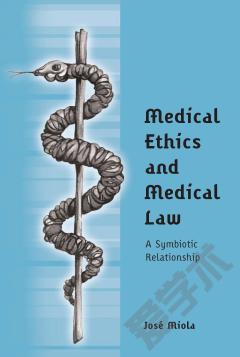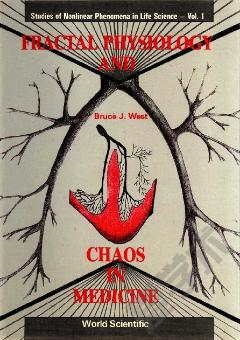Treatise on Poisons —— In Relation to Medical Jurisprudence, Physiology, and the Practice of Physic
-----
I shall discuss this subject by considering first the mode in which poisons act, and secondly, the causes by which their action is liable to be modified.Section I. - On the Mode of Action of Poisons.On attending to the effects which follow the application of a poison to the body, we perceive that they are sometimes confined to the part where it is applied, and at other times extend to distant organs. Hence the action of poisons may be naturally considered as local and remote.The local effects of poisons are of three kinds. Some decompose chemically or corrode the part to which they are applied. Others, without immediately injuring its organization, inflame or irritate it. Others neither corrode nor irritate, but make a peculiar impression on the sentient extremities of the nerves, unaccompanied by any visible change of structure.We have examples of local corrosion or chemical decomposition in the effects of the concentrated mineral acids or alkalis on the skin, and in the effects of strong oxalic acid, lunar caustic, or corrosive sublimate on the stomach. In all of these instances the part to which the poison is applied undergoes chemical changes, and the poison itself sometimes undergoes chemical changes also. Thus oxalic acid dissolves the gelatin of the animal textures; and in the instance of corrosive sublimate, the elements of the poison unite with the albumen, fibrin, and other principles of the tissues.Of local irritation and its various consequences we have many examples, from redness, its slightest, to ulceration and gangrene, its most severe effect.
{{comment.content}}








 京公网安备 11010802027623号
京公网安备 11010802027623号